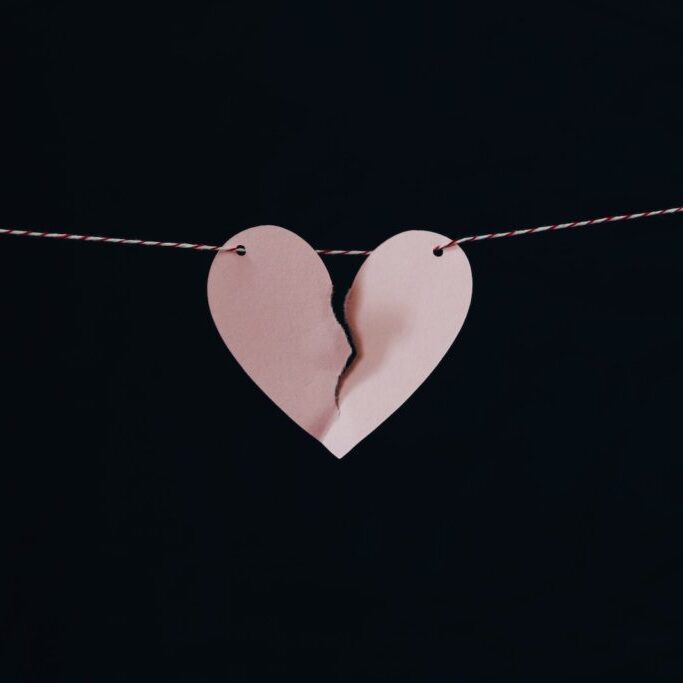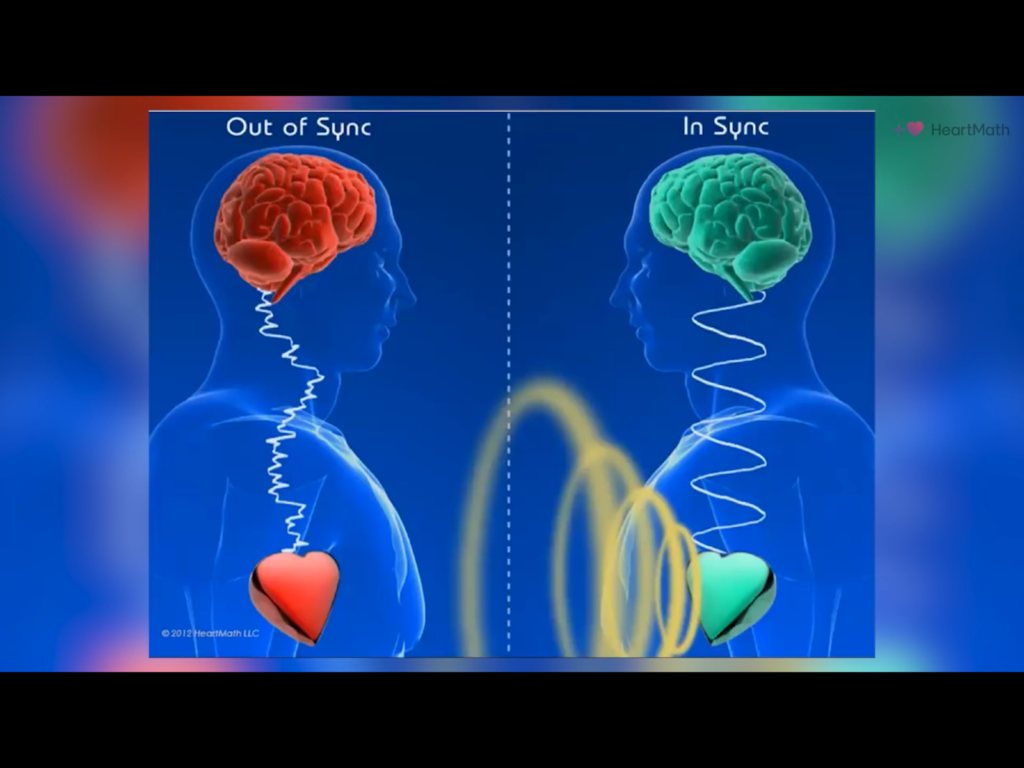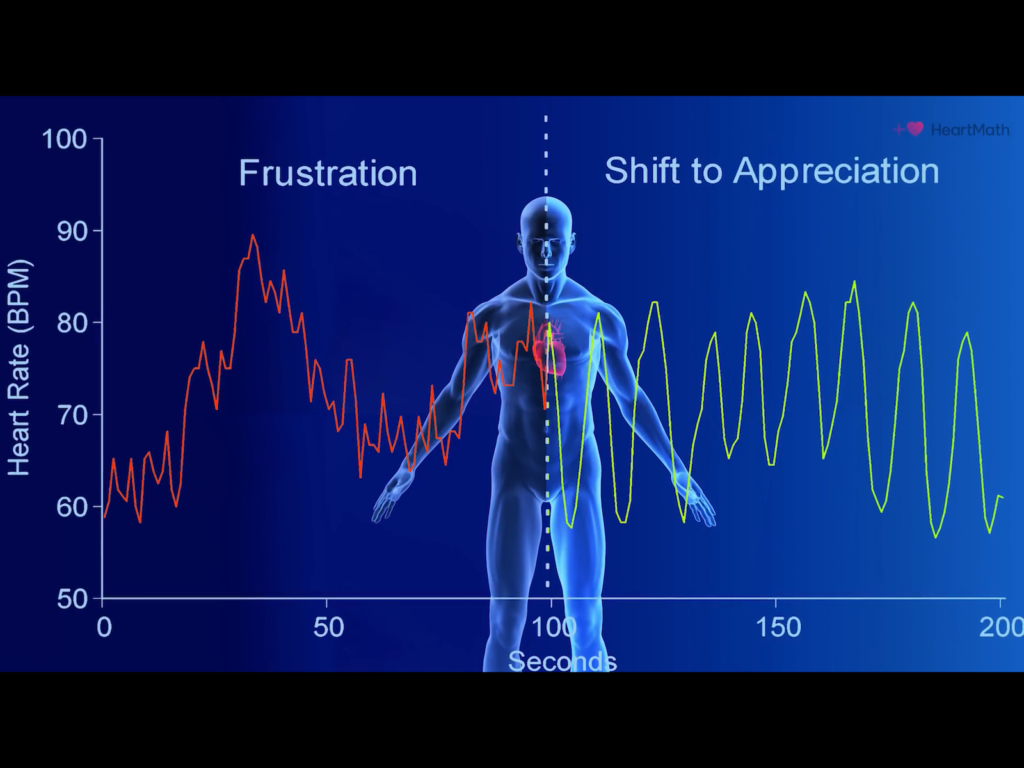What is the Heart Wall?
One of the things Emotion Code and Body Code are particularly good at handling is the Heart Wall. But, what is the Heart Wall?

The Heart Wall Explained
The heart wall is an energetic armor of defense that our Innate Intelligence, our subconscious mind, forms around our heart during a situation of extreme heartache, loss, or stress. This defensive armor is built of negative emotions that were never fully processed and released; hence, they became trapped and remain as a protective shield around our heart. A heart wall can also contain inherited emotions from our ancestors.
As an individual goes through life, he may encounter several situations of extreme emotional intensity. The serious illness of a child, the death of a parent, or the ending of a long term relationship are all instances in which negative emotions can become trapped, adding another energetic layer to that protective shield around the heart. Our subconscious mind does this to prevent further harm to our heart! However, it does so at a cost. A heart wall prevents us from feeling included, as if we are on the outside looking in. It hampers our ability to give and receive love. A heart wall can cause high levels of sadness, anxiety, and chronic stress. It creates depression and interferes with our ability to be successful. We may feel emotionally numb or misunderstood.

A heart wall blocks the energy from flowing through our bodies; it can make it difficult to heal. In addition to the negative emotional repercussions, a heart wall can cause physical symptoms as well. Chest pain or a heavy feeling in the area of one’s heart is common. Shoulder and neck pain are common. A heart wall can also lower your immunity.

Some Facts About the Heart
Our heart is the most powerful source of electromagnetic energy in the human body, providing the largest rhythmic field of any of our body’s organs. Our heart beats approximately 40 million times a year. In a developing fetus, the heart is formed before the brain.
In ancient times, people believed that the heart was the seat of the soul, the source of our love and creativity and the core of our being. Egyptians saw the heart as the center of intelligence and sensation. Aristotle labeled the heart as the most important organ in the body.
In more recent times the Newtonian mechanical model of disease saw the heart as merely a muscular pump the size of our fist. The electrocardiogram, (EKG), was invented in 1895 by a Dutch physician. The EKG measures and records the electrical activity of one’s heart. The electrical field is 60 to 1000 times greater in amplitude than our brain.
The following facts are from the HeartMath Institute:
- The heart emits electro-magnetic fields that change according to the change in one’s emotions.
- Positive emotions create physiological benefits in one’s body.
- An individual can boost his immune system by conjuring up positive emotions.
- Negative emotions create nervous system chaos, whereas, positive emotions calm the nervous system.
- The heart sends more information to the brain than vice versa.
- The heart has a system of neurons that have both short and long term memory and their signals to the brain can affect our emotional experiences.

Scientific Research and Findings
Scientists discovered in 1970 that the heart has an elaborate nervous system. This discovery prompted the establishment of a new branch of medicine known as neuro-cardiology. Cardiac issues can influence the care of patients with neurologic issues. Scientists have also discovered that the brain actually obeys messages from the heart
Within the last two decades, the magnetocardiogram has been invented. It measures the magnetic field produced by the electrical activity in the heart. Using a very sensitive magnetocardiogram called the Super Conducting Quantum Interference Device (SQUID), scientists can measure extremely subtle magnetic fields. They have discovered that the heart’s magnetic field extends around the body up to twelve feet in diameter. The magnetocardiogram has many uses since it has become mainstream, among them, research and clinical diagnosis. It has been used to detect heart problems in a developing fetus.

Scientists are now beginning to view the heart with a new understanding of its role in the human body, that is, as a communicator. Dr. Nelson gives an example: When one individual is thinking thoughts of love and appreciation for another person, their heart beat will appear in the brain waves of the person for whom they are thinking thoughts of affection.
According to Rollin McCraty, Ph.D, Director of Research at the HeartMath Institute, “Accessing the intelligence of the heart and shifting the rhythms of the heart sends a different neuro-message to the brain. The heart, mind, and emotions have to be aligned. The quality of the signals sent from the heart to the brain have a profound effect on brain function and mental clarity. Positive signals reduce stress, anxiety, and overwhelm.

The Wisdom of Our Subconscious
With these fairly recent scientific discoveries, it would seem that the convictions of ancient people concerning their beliefs about the heart have not been too far off the mark. Scientific findings appear to verify that we have come full circle: centuries of supposedly uneducated people adhering to superstitious ideology, Newtonian trained physicists viewing the heart as nothing but a muscular pump, to the contemporary theory of the heart as lead communicator in sending messages to the brain and other organs of the body.
Our heart is exceedingly important. Consider the following: the heart’s magnetic field is the largest rhythmic field of any organ of the body, the brain obeys the messages from the heart, and that signals sent from the heart to the brain can affect our emotional experiences. Is it any wonder that our subconscious mind would provide us a way to protect our heart from being totally overwhelmed or broken?
Our subconscious mind is based on self-preservation of every part of our body, mind, and soul. When an individual cuts his finger, the body responds by going into healing mode. Blood travels through our bodies by blood vessels, bringing platelets to fill the cut area and stop the bleeding. Without our orchestrating it, the body forms a scab to cover the wound until the cut is healed and the scab falls off.
Just as our subconscious mind directs the healing of a cut finger, so too, it directs the protection of our heart when heartache threatens our physical and emotional health. But, just as a scab remaining on our finger permanently would hinder our ability to function effectively, so too, a heart wall that remains for a lifetime hinders our ability to live up to our full potential. Have your ever wondered why your relationships aren’t working, or why you’ve not experienced the financial success you dreamed of as a young adult, or why you lack confidence and feel depressed?
If you relate to one or all of the above examples, it is entirely possible that you have a heart wall. Greater physical health is possible, more confidence can be achieved, and that elusive romantic relationship could be on the horizon, as well as financial success.
Feel free to contact me and schedule your free 25-minute consultation. My wish for you is joy, health, and happiness! I care!
